Momentum for the SAFER Banking Act and What It Means for Cannabis in Michigan and Beyond

The SAFER (Secure and Fair Enforcement Regulation) Banking Act is making significant strides in the United States Senate, indicating bipartisan support to usher state-legal marijuana businesses into the financial mainstream. This transformative move could eliminate the current cash-only conundrum many cannabis businesses face, bolstering safety and operational efficiency.
Support us as a patron to access this exclusive article.
While we're reluctant to put content behind a paywall, we value our patrons by offering exclusive content just for them. Rest assured, our core mission of providing unbiased news stories remains accessible to all. Our aim is to deliver informative content with minimal ads, and your support means the world to us.
View our PatreonMichigan's Progressive Cannabis Employment Policy Takes Effect on October 1st
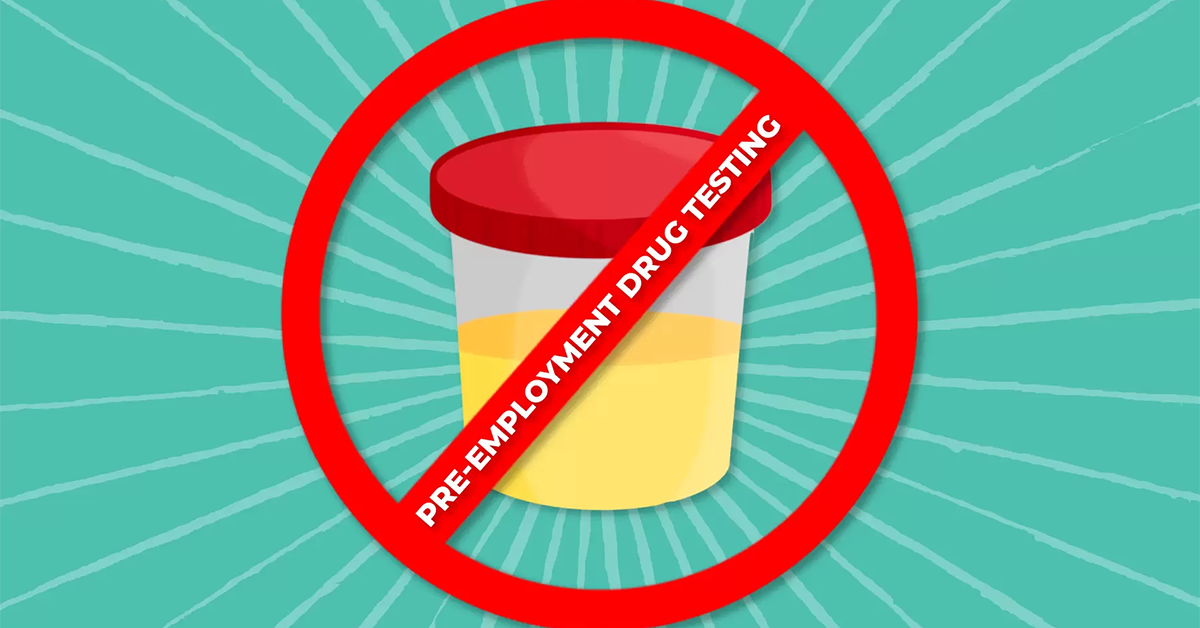
Michigan has taken a progressive step towards aligning its employment policies with the changing landscape of cannabis legalization in the United States. Starting Sunday, October 1st, a majority of state job applicants will no longer be subjected to pre-employment cannabis screening, similar to the state's approach to alcohol testing. However, positions associated with law enforcement, healthcare, and driving will still necessitate cannabis tests.
The pivotal decision was made in July when the Michigan Civil Service Commission unanimously approved this significant policy change. Previously, applicants who tested positive for cannabis were ineligible for state jobs for a minimum of three years. With the revised policy, such applicants can reapply for state positions without any waiting period.
Commission Chair Jose Bolger emphasized that despite this reform, maintaining workplace sobriety is paramount. "Employees must remain sober from both alcohol and cannabis during working hours. If there are suspicions of impairment, further tests might be conducted," stated Bolger. Consequently, state jobs are now distinctly categorized as test-designated or non-designated.
Paul Armentano, NORML's Deputy Director, who had provided testimony to the Commission, welcomed the change. "Mandatory urine tests for past cannabis use are invasive, discriminatory, and don't necessarily lead to a safer workplace. These tests aren't effective in identifying individuals currently under the influence," he highlighted.
Michigan's progressive move mirrors a broader national trend, with multiple U.S. jurisdictions amending their workplace policies to protect the rights of cannabis users. States such as Nevada, Washington, Connecticut, and others have already adopted similar reforms. Notably, California is set to enact its policy change on January 1, 2024.
Furthermore, last Wednesday marked a significant advancement at the federal level. The U.S. House of Representatives' Oversight and Accountability Committee voted favorably on H.R. 5040: The Cannabis Users' Restoration of Eligibility (CURE) Act. This legislation aims to enhance employment opportunities for individuals with a history of past cannabis use.
Armentano, while applauding these legislative strides, also pointed out the outdated nature of some existing policies. "Suspicionless marijuana testing in workplaces, particularly pre-employment screening, is not evidence-based. It's a relic from the 1980s 'war on drugs.' With changing public perceptions and legal shifts, it's high time workplace policies reflect this new reality, without penalizing employees for off-hours activities that don't compromise workplace safety," he concluded.
Marijuana Establishment Proposals Up For Vote in Pontiac
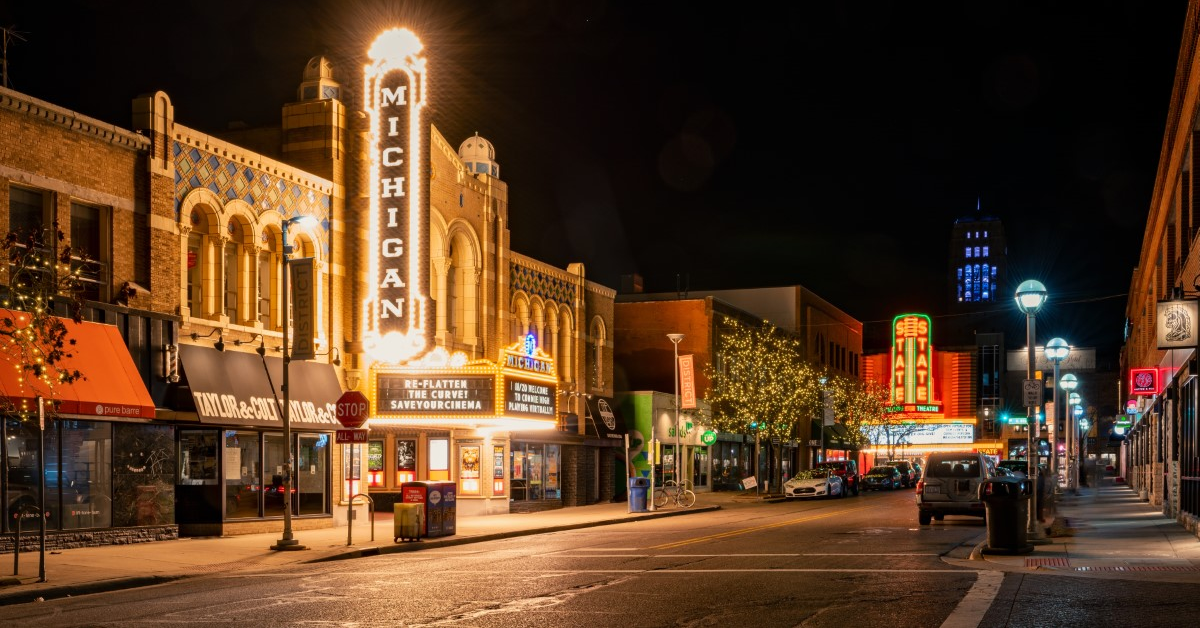
This coming November 7th, residents of Pontiac will have a unique opportunity to weigh in on the future of marijuana establishments within the city. Two crucial ordinances have been proposed that aim to structure and regulate the adult-use marijuana industry in line with state legislation.
Ordinance No. 2406: Legalizing Adult-Use Marijuana Establishments
The first ordinance on the ballot seeks to formally allow the operation of adult-use marijuana establishments in Pontiac. This comes in line with the Michigan Regulation and Taxation of Marihuana Act, Initiated Law 1 of 2018. If passed, this ordinance would establish standards and procedures to grant and oversee marijuana establishment permits. It also lays out the stipulations for permit application fees, renewal fees, and conditions for the establishments' operation. For those interested in a deep dive, the complete Ordinance No. 2406 can be reviewed at the City Clerk's Office during regular business hours.
Ordinance No. 2407: Zoning Adjustments for Marijuana Businesses
The second proposal aims to amend the city's zoning ordinances to integrate adult-use marijuana businesses into specific overlay districts. The changes touch on multiple articles and chapters in the city's zoning code, detailing where and how these businesses can operate. The proposed adjustments range from specifying permitted uses within the Marijuana Overlay Districts to establishing development standards for various marijuana-related businesses, such as growers, retailers, and microbusinesses. Residents can view the full text of Ordinance No. 2407 at the City Clerk's Office during standard business hours.
These proposed changes signify a significant step for Pontiac as it seeks to align its local regulations with the broader state laws regarding adult-use marijuana. As always, every vote counts, and residents are encouraged to educate themselves on the matter and make an informed decision come November.
Greenville's Green Debate: Pushing for Adult-Use Marijuana
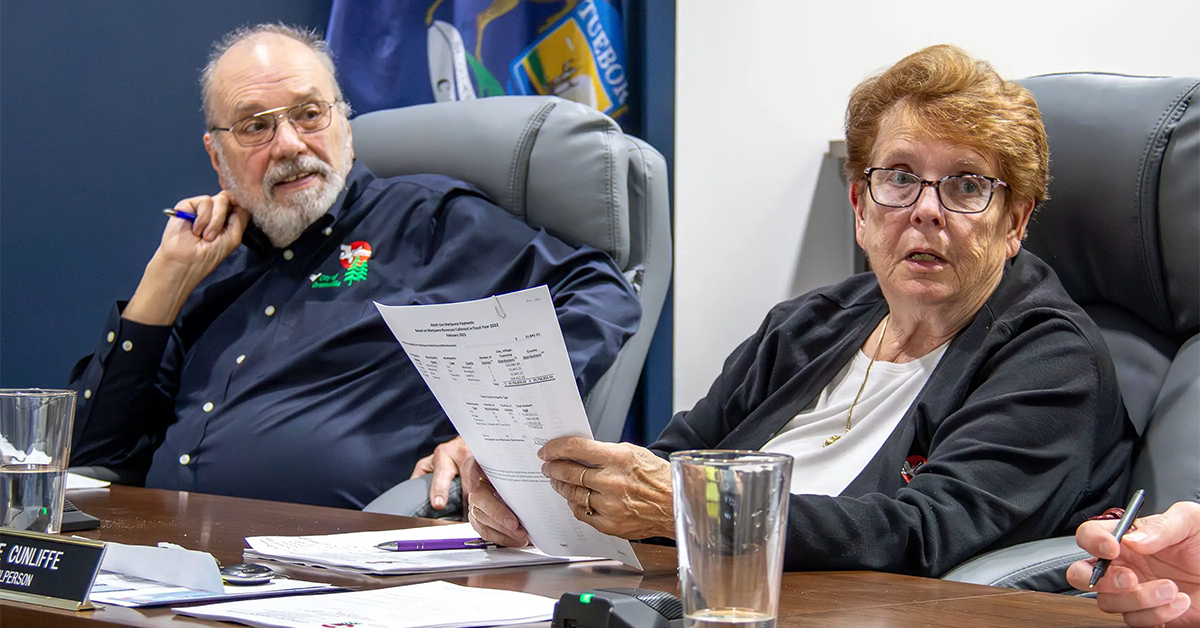
For the third consecutive Greenville City Council meeting, Shawnee Bonner, co-owner of Green Medicine Shop—the sole medical marijuana center in the city—has passionately spoken on behalf of adult-use marijuana sales.
Shawnee and her husband, Matt Bonner, launched the Green Medicine Shop earlier this year. On Tuesday, the pair stood before the council with a familiar request: "We urge you to place adult-use cannabis sales on the council's agenda."
Greenville's City Council approved medical marijuana centers in February 2022 after almost a year of diligent planning by the Greenville Planning Commission. This led to the creation of the North Lafayette Zoning District on Lafayette Street, permitting medical marijuana centers to function on properties along M-91.
It was in 2019 when the Bonners first petitioned the council for marijuana provisioning centers. They celebrated the recent transformation of their business, GMS, into a medical marijuana center this past May. Now, their eyes are set on getting the city's approval for adult-use dispensaries, hoping to pivot their business model accordingly.
Despite sanctioning medical marijuana, the council opted out of permitting adult-use sales in 2019, even after the Michigan Regulation and Taxation of Marihuana Act was ratified in 2018.
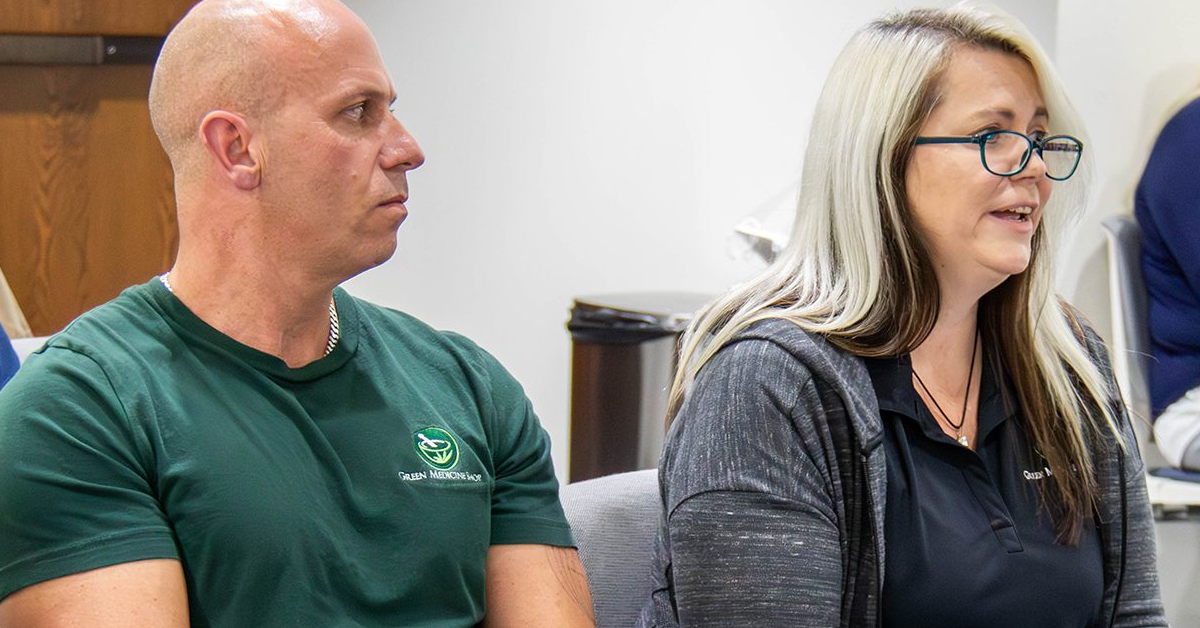
Shawnee emphasized the dynamic landscape of Michigan's marijuana industry since their initial plea. "Medical cannabis in Michigan is dwindling, while adult-use demand rises," she asserted. Furthermore, she mentioned that in Montcalm County, medical cardholders have dropped from 2,000 to 1,000 since 2019. This, she argues, further justifies the need to consider the transition to adult-use sales.
"Why not Greenville?" Shawnee questioned. "By amending the ordinance, the city could reap economic benefits and cater to a demand that a significant majority of the Greenville residents have voted for."
Notably, the 2018 Marijuana Act received a 58% approval rate in Greenville, which surpassed the statewide 56%.
Highlighting the economic angle, Shawnee cited data from neighboring towns that earned substantial tax revenues from adult-use marijuana. If Greenville follows suit, she believes it could mirror the success of municipalities like Sand Lake, Crystal, and Cedar Springs, to name a few.
Backing her argument with statistics, she mentioned that about $52,000 in tax funds was allocated per dispensary in the previous year. Furthermore, the nearby Belding City Council's recent approval of two adult-use dispensaries strengthens her case.
Appealing to the council's sense of community, Shawnee challenged lingering prejudices and misconceptions about marijuana. She stressed the dangers of prohibition, suggesting it strengthens illegal markets.
In response, council members Jeanne Cunliffe and Larry Moss vocalized their support. Moss, doubling as a Planning Commission member, detailed the meticulous process that green-lit medical marijuana in the past and vouched for its economic promise.
During the council's last meeting on September 5th, Mayor Jeff Scoby hinted at a gradual progression towards considering an adult-use marijuana ordinance.
No further comments were made by other council members or staff.
Michigan's Progressive Approach to Cannabis: An Evolving Employment Landscape
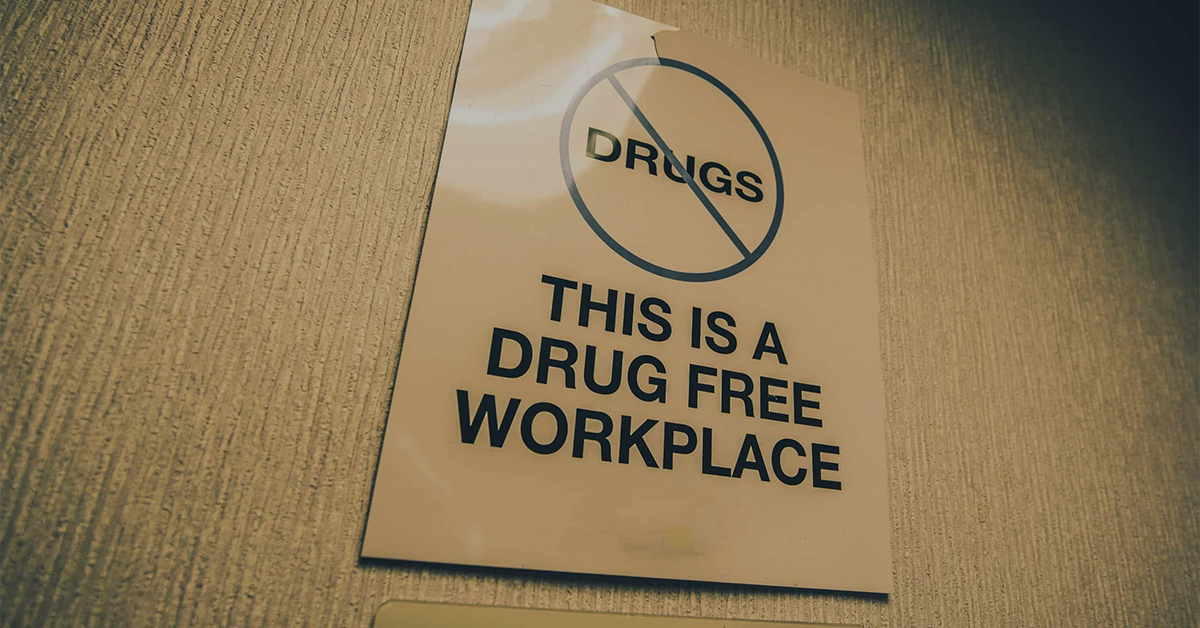
The shifting sands of marijuana legislation and public sentiment have spurred a nationwide debate. From coast to coast, states grapple with aligning their policies to the evolving legal status and societal perceptions of cannabis. While many regions oscillate in their stances, Michigan has emerged as a focal point of progressive change in the realm of employment-related cannabis policies. To truly understand the state's pioneering steps, we must first explore its historical perspective on cannabis, especially in the backdrop of its employment landscape.
Historically, Michigan, like much of the United States, maintained a stringent view on cannabis, particularly concerning its implications in the workplace. The age-old argument was straightforward: cannabis use could impair job performance, posing risks to both the individual and those around them. However, as the winds of change blew, states began to reevaluate their standpoints, with Michigan at the forefront of this transformation.
In this article, we'll delve deep into Michigan's paradigm shift, reflecting on its past, assessing the present, and speculating on its potential future impact.
Three Rivers Considers Cannabis Lounge Ordinance Expansion

Three Rivers city officials are deliberating an expansion to the existing marijuana ordinance that could pave the way for cannabis lounges. If greenlit, these lounges will find a home in the heart of the central business district, encompassing downtown.
The push for this revision stemmed from a petition spearheaded by Daly Broekema, the proprietor of Daly Dope dispensary. Current regulations hindered her expansion aspirations. "The existing ordinance focused mainly on retail operations and safety protocols. There wasn't a definitive 'no' to lounges; they just weren't included," Broekema noted.
After a 5-1 initial approval by the city commission, Broekema is a step closer to transforming the third floor of a historic building on Portage Avenue. She envisions a split usage: part social lounge, operational during regular business hours, offering a haven for people to enjoy food and non-alcoholic beverages. She sees this as a valuable setting for patrons to responsibly and legally consume cannabis, especially those who wish to avoid consumption at home or in public. "Many individuals, including parents, seek an alternative to consuming at home. They neither want to resort to their cars nor break the law by consuming publicly," Broekema emphasized.
The additional space is designated for events and educational initiatives, introducing cannabis fundamentals and safe consumption practices. Broekema said, "Despite the burgeoning cannabis industry, misconceptions persist. My aim is to demystify and destigmatize."
However, not all officials share her enthusiasm. City commissioner Pat Dane voiced significant reservations, largely due to marijuana's federal status. "I'm sworn to uphold the law. How can we justify introducing lounges for public smoking when it remains federally illegal?" Dane questioned.
Broekema counters by highlighting the legal status of recreational marijuana at the state level. She's eager to address and correct misconceptions that overshadow the cannabis industry. "Many perceive cannabis merely as a misused recreational drug. I intend to rectify that perspective through education," she added.
A public hearing for the proposal's follow-up reading is slated for Tuesday, September 19th. Should the ordinance be ratified and implemented, Broekema anticipates launching the lounge by summer 2024, subject to necessary permits.


 Helpful Links
Helpful Links